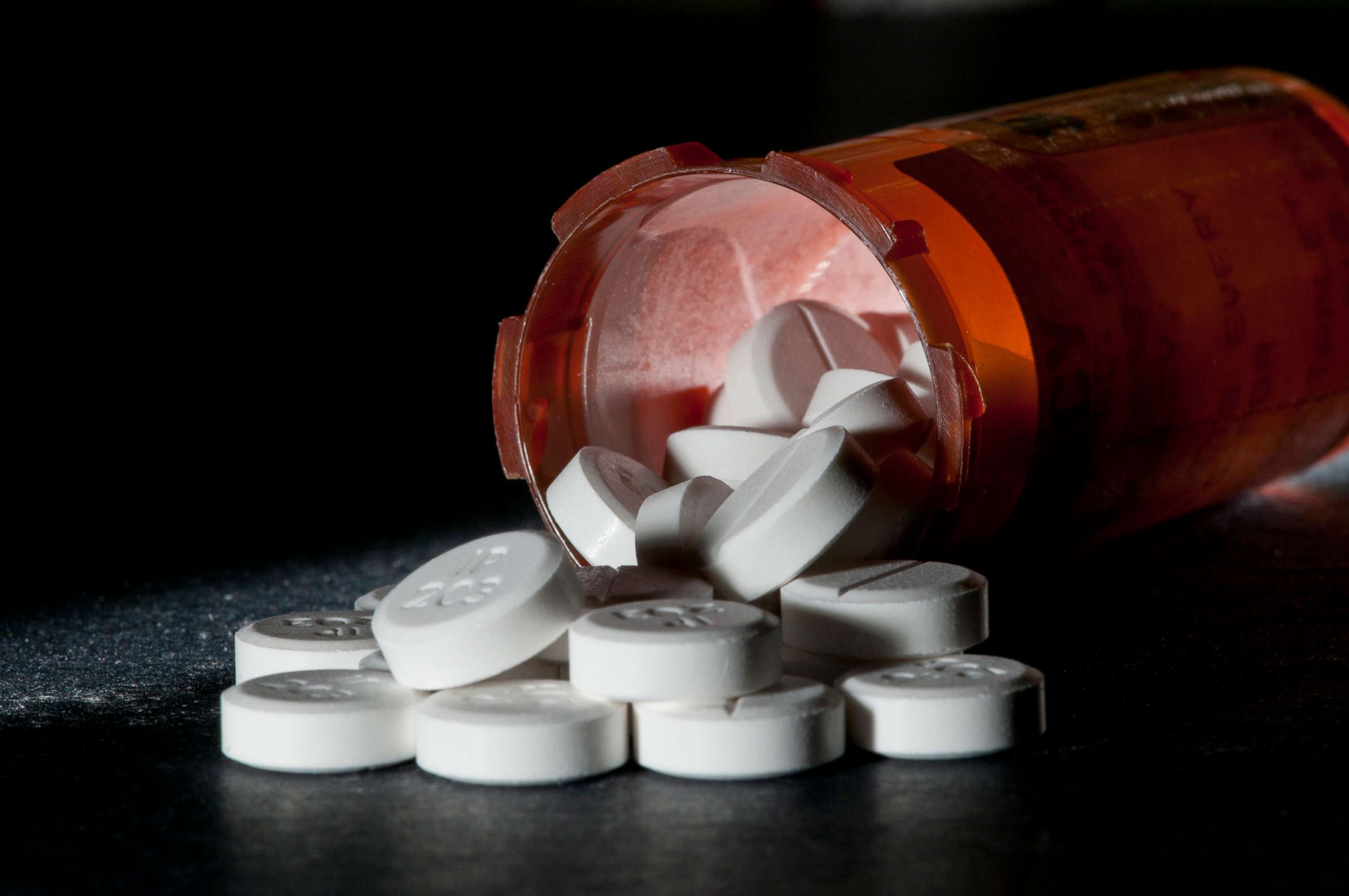Drug companies questioned about pandemic relief tax break, opioid settlement costs
Lawmakers expressed concern over whether litigation costs were being deducted.
The House Oversight Committee on Friday sent letters to four large drug manufacturing and distribution companies to determine if they plan to use a COVID relief tax provision to boost deductions for the costs of opioid settlements.
Under the CARES Act, passed by Congress last year to respond to the then-burgeoning coronavirus pandemic, companies could carry back operating losses between 2018 and 2020 for up to five years, to increase their tax refunds and provide more cash amid the pandemic, and the havoc it wreaked on the economy.
In the letters to Johnson & Johnson, Cardinal Health, McKesson and AmerisourceBergen, Democrats on the committee expressed concern that the change would be used by the companies against the reported $26 billion they agreed to pay to communities impacted by the opioid crisis.
"The American people should not be on the hook for hundreds of millions of dollars for your company's role in fueling the opioid crisis," they wrote. "Any attempt to reduce your settlement costs by taking advantage of a tax provision intended for businesses suffering coronavirus-related losses is an insult to every community suffering from the opioid crisis and the pandemic."

A Johnson & Johnson spokesperson told ABC News the company does not plan to use the provision enacted under the CARES Act.
"AmerisourceBergen has no plans to use the CARES Act tax provision with regards to any opioid settlement costs and we will share that information with the House Committee on Oversight and Reform as appropriate," a company spokesperson told ABC News.
A representative for McKesson did not immediately return an email seeking comment on the letter from lawmakers.
Cardinal, which said in a recent FEC filing that it planned to file for a $974 million refund under the CARES Act provision, and defended the decision to do so, declined to comment on the new House inquiry.
The committee requested a response to its inquiry by March 18.




